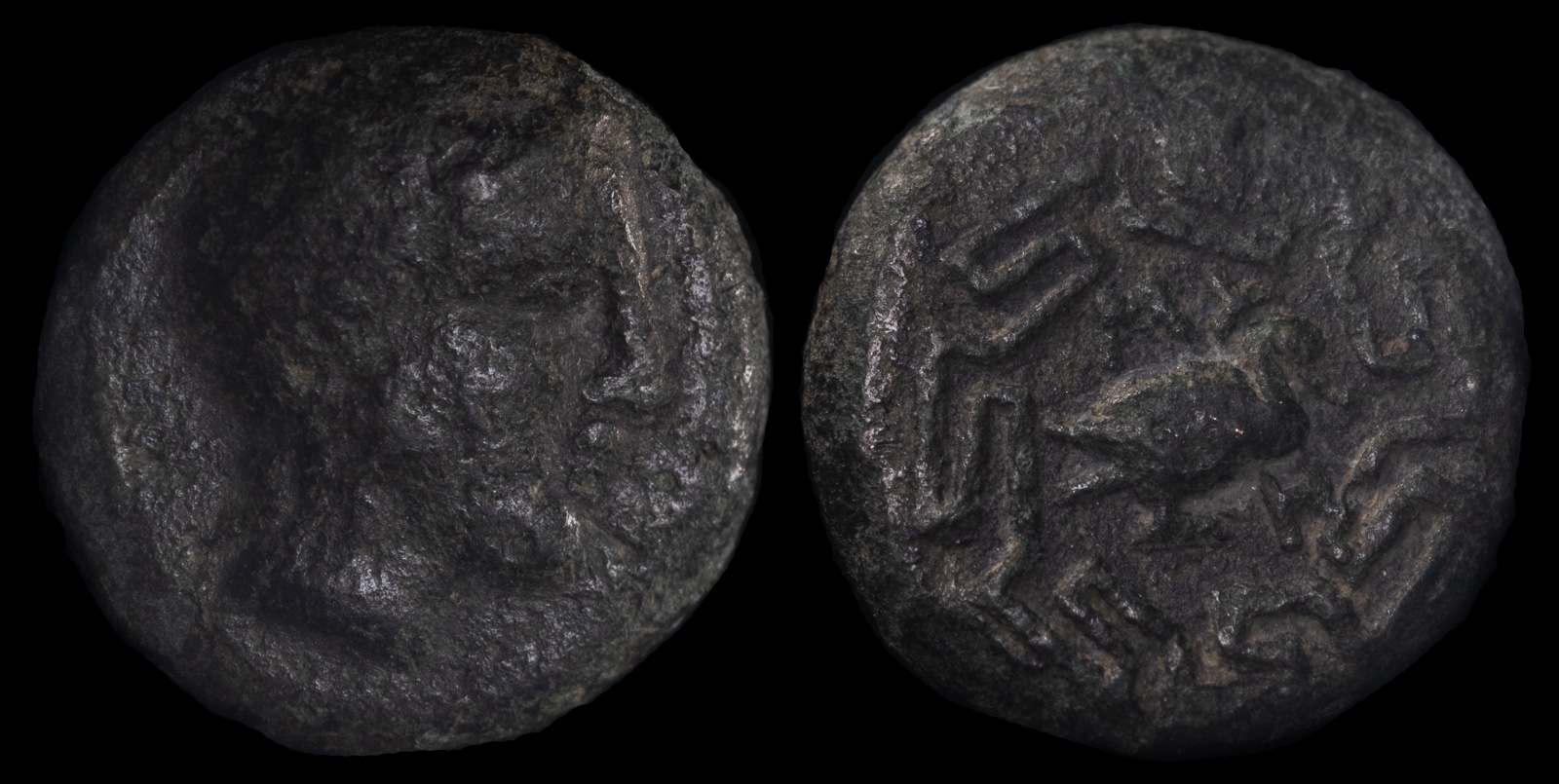Goose
View All Tags
One of the key associations of the goose in Greek culture was its connection to fertility and nurturing. Geese were often seen as symbols of maternal care because of their protective nature toward their young, as they are known to be fiercely protective and attentive parents. This maternal symbolism linked geese to goddesses of fertility and motherhood, such as Hera, who was the protector of women and marriage. In some contexts, geese were offered in sacrificial rites to appease these deities and to invoke blessings for fertility, protection in marriage, and healthy offspring.
The goose was also associated with protection and alertness, largely due to its vigilant nature and loud honking. This trait made it an effective guardian of homes, and as such, the goose became a symbol of guardianship in the ancient world. One of the most famous mythological examples of the protective role of geese is found in the myth of the Temple of Hera at Argos, where geese were said to have alerted the city’s inhabitants to the approach of invaders. The story of the sacred geese of Hera suggests that the bird was viewed as a protector, capable of warning against threats and guarding sacred spaces.
In addition, the goose had a special connection to the goddess Demeter, the goddess of the harvest and agriculture. Geese, like many other birds, were often associated with the cycle of seasons and growth. Their presence was linked to the fertile land and abundance, as they were often seen in agricultural regions, where they were valued as both a symbol and practical resource. The goose’s honking was also linked to the idea of communication, sometimes seen as an omen or message from the gods, further linking it to the realm of divine will.

Ionia, Myous
Circa 400-380 BCE
Ae 0.68g 8mm
Obv: Laureate head of Apollo right within wreath.
Rev: MYH. Goose standing right within maeander pattern.
SNG Kayhan I 507-11